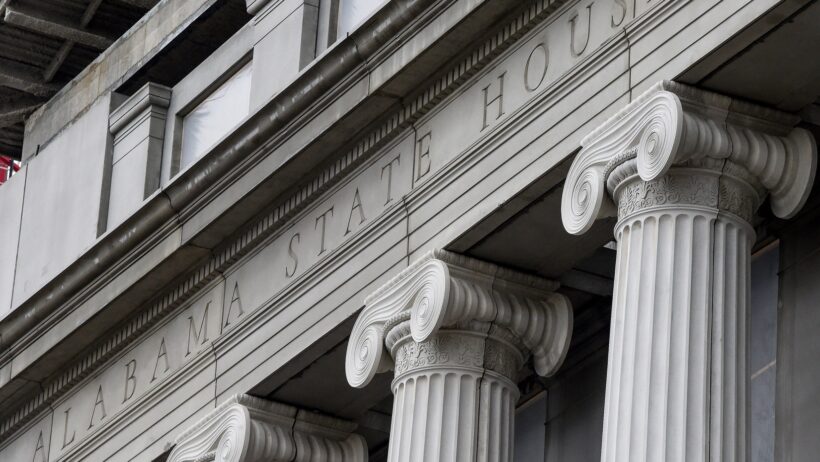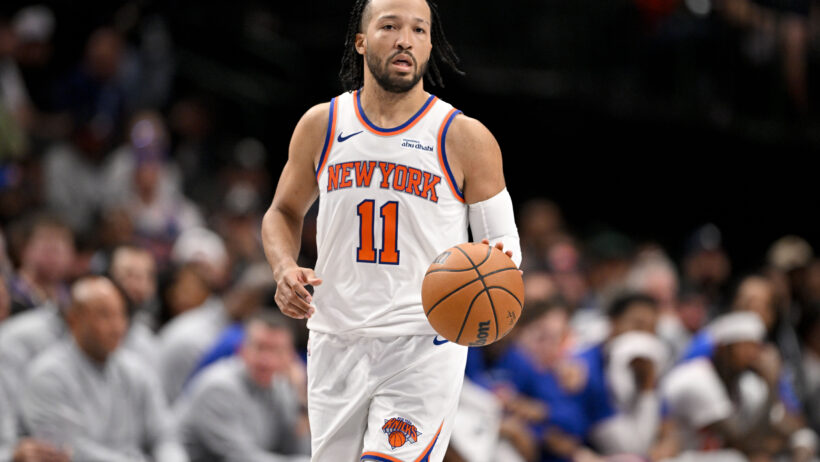Massachusetts iGaming Bill Also Seeks to Prohibit Sweepstakes
By Robert Linnehan in Online Casino
Published:

- Rep. David K. Muradian Jr. introduced H4431 earlier this week to legalize iGaming in the commonwealth
- It’s the third iGaming bill to be introduced this year
- The bill also seeks to prohibit dual-currency sweepstakes games
Massachusetts lawmakers have yet another iGaming bill to consider, but chances for its legalization may be fairly low.
Rep. David K. Muradian, Jr. (R – 9th Worcester) introduced H4431 earlier this week, a bill to legalize iGaming for licensed operators. It is the third piece of iGaming legislation Massachusetts lawmakers have seen this year.
The bill also sets out to prohibit dual-currency sweepstakes games in the commonwealth and sets fines for potential violations.
Yay to iGaming, Nay to Sweepstakes
The bill currently resides in the Committee on Economic Development and Emerging Technologies.
Muradian’s legislation will allow the state’s three brick-and-mortar casinos, Encore Boston Harbor, MGM Springfield, and Plainridge Park Casino, to partner with up to three iGaming skins if approved for licenses. Licensed operators will be able to offer such online casino games as poker, blackjack, craps, roulette, slots, or “any other games substantially equivalent to those typically offered at a casino, and any other game approved by the commission.”
Under his bill, Massachusetts will set a 15% tax on the operator’s adjusted gross iGaming revenue. Operators awarded an iGaming license will be required to pay a $100,000 license fee and renewal fees will also be set at $100,000. Operators of iGaming skins will be required to pay a nonrefundable license and application fee of $50,000.
Other bill details:
- Sets the legal age for iGaming at 21
- Credit cards to fund accounts are prohibited
- If approved, the bill goes into effect on Jan. 1, 2026
In addition to legalizing iGaming, Muradian’s bill also declares it unlawful for a person or entity “to operate, conduct, or promote online sweepstakes games withing the commonwealth.”
Muradian defines prohibited online sweepstakes games as “any games, contest or promotion, in which a prize is awarded based on chance, that is available on the internet and accessible on a mobile phone, computer terminal or similar access device, that utilizes a dual-currency system of payment allowing the player to exchange the currency for any prize or award or cash or cash equivalents, and simulates casino-style gaming, including but not limited to, slot machines, video poker, and table games, lottery games and sports wagering.”
If found to be in violation of the prohibition, a fine of not less than $10,000 and not more than $100,000 for each violation will be incurred. An operator offering dual-currency sweepstakes may also be subject to potential loss of a gaming license.
Repeat offenders will be subjected to increased fines, potential loss of license, and potential imprisonment for up to two years under the bill.
SPGA Decries Legislation
A spokesperson for the Social and Promotional Games Association criticized the bill, nothing that the legalization of iGaming with a blanket prohibition of sweepstakes games in the state demonstrates a “poor understanding of the sweepstakes model.”
“Lawmakers moving to ban sweepstakes while introducing iGaming demonstrate a poor understanding of the sweepstakes model and undue deference to iGaming lobbyists. Instead of a blanket ban, Massachusetts could embrace oversight and regulation, securing millions in potential tax revenues, instead of deciding for its residents what games they can – and can’t – play on their mobile phones,” the spokesperson said.

Regulatory Writer and Editor
Robert Linnehan covers all regulatory developments in online gambling and sports betting. He specializes in U.S. sports betting news along with casino regulation news as one of the most trusted sources in the country.



